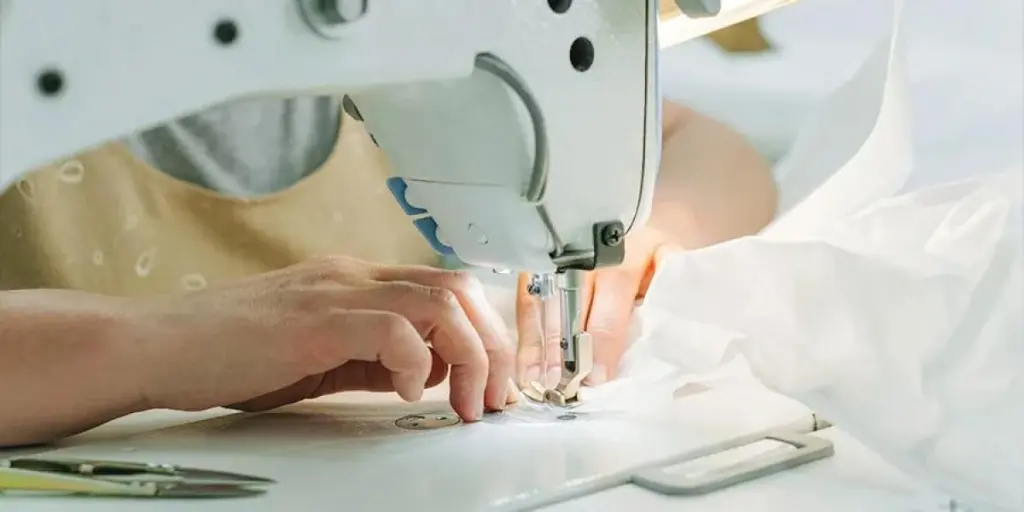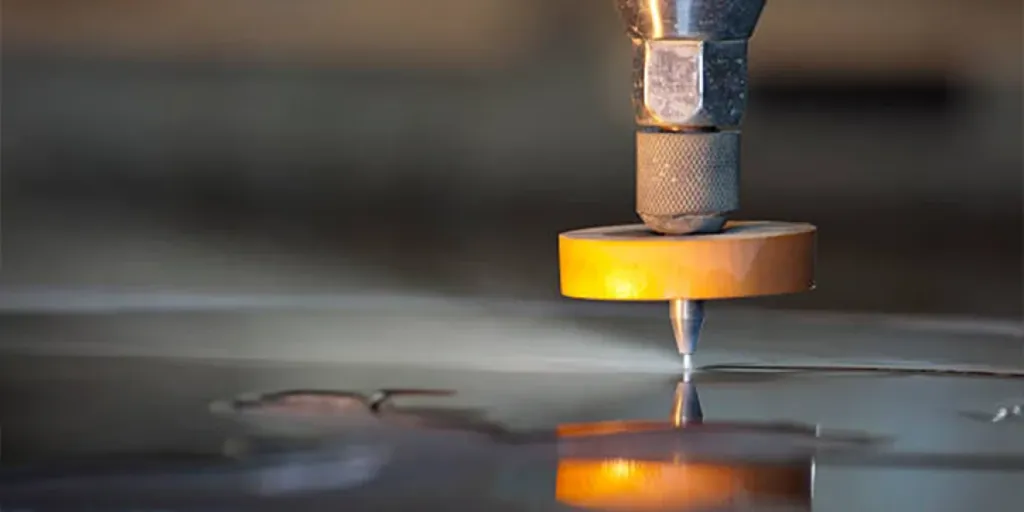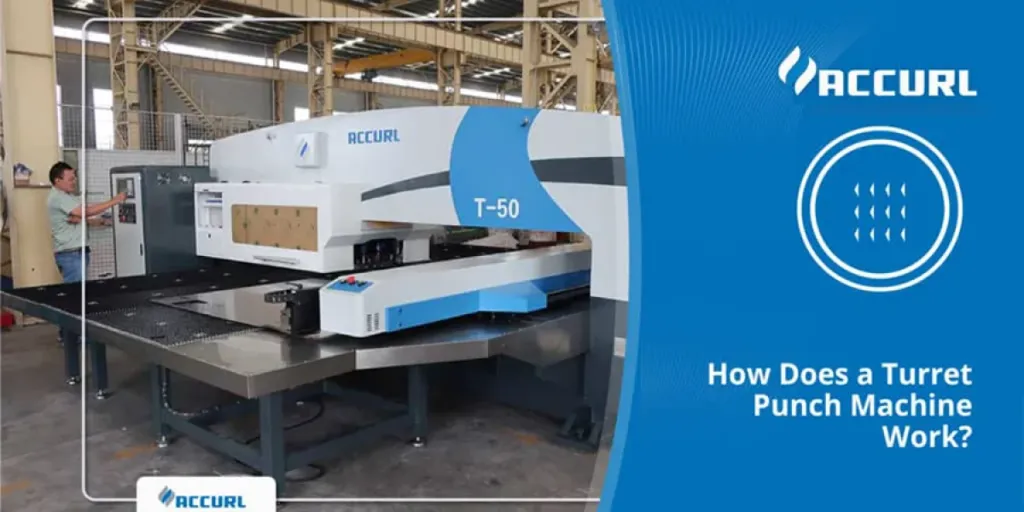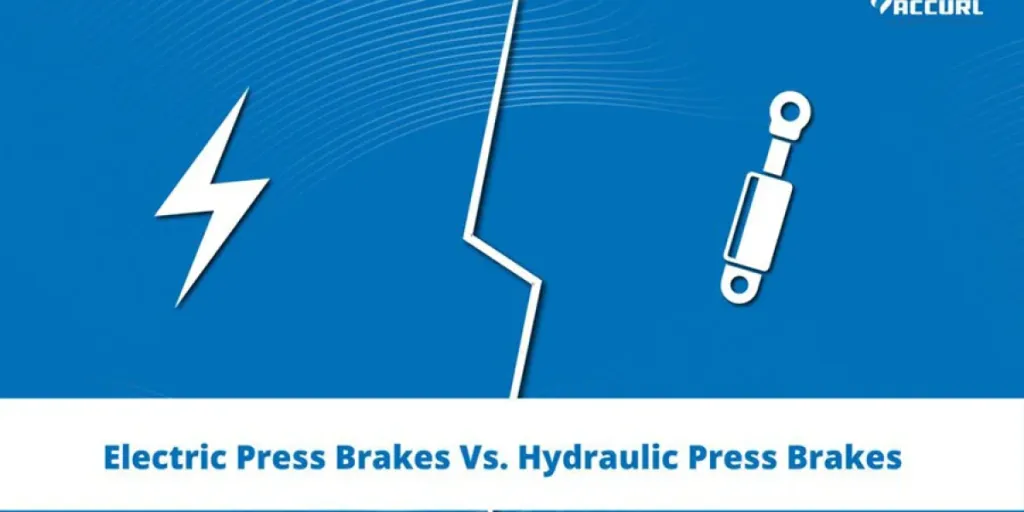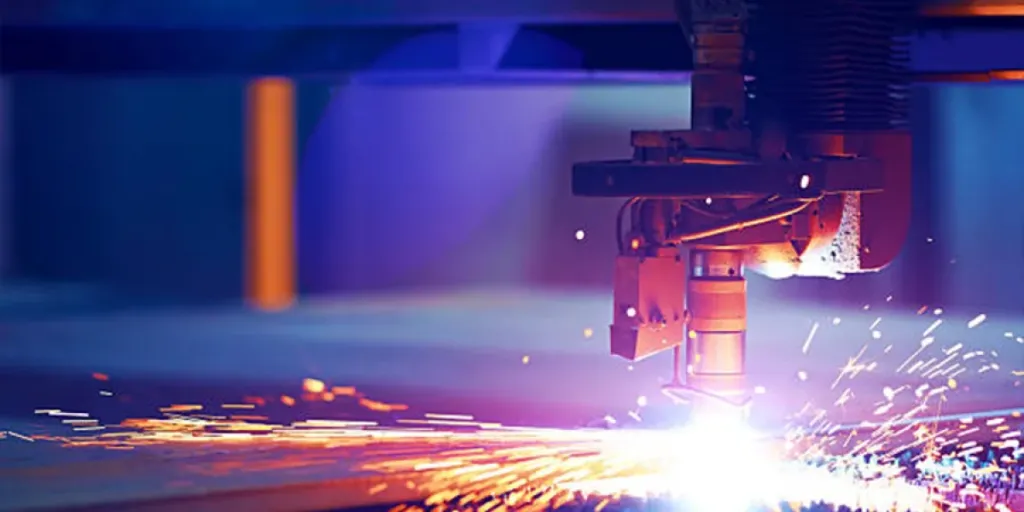The sewing machine industry is flooded with more than 100 manufacturers who make and sell sewing machines. Only a few of the many sewing machine manufacturers in the industry have dominated the sewing world for more than ten years.
Nowadays, most people prefer to buy ready-wear clothes, so there is no need to have a sewing machine unless you have a passion for sewing. With technological advances, the sewing industry has grown stronger, and some brands provide perfect heavy-duty and specialized sewing machines.
In this article, we will focus on the top sewing machine manufacturers and the different types of sewing machines available. We will also look at the demand, market share, and expected growth rate of sewing machines.
Table of Contents
Overview of the global sewing machine market
Types of sewing machines
Top sewing machinery manufacturers
Conclusion
Overview of the global sewing machine market
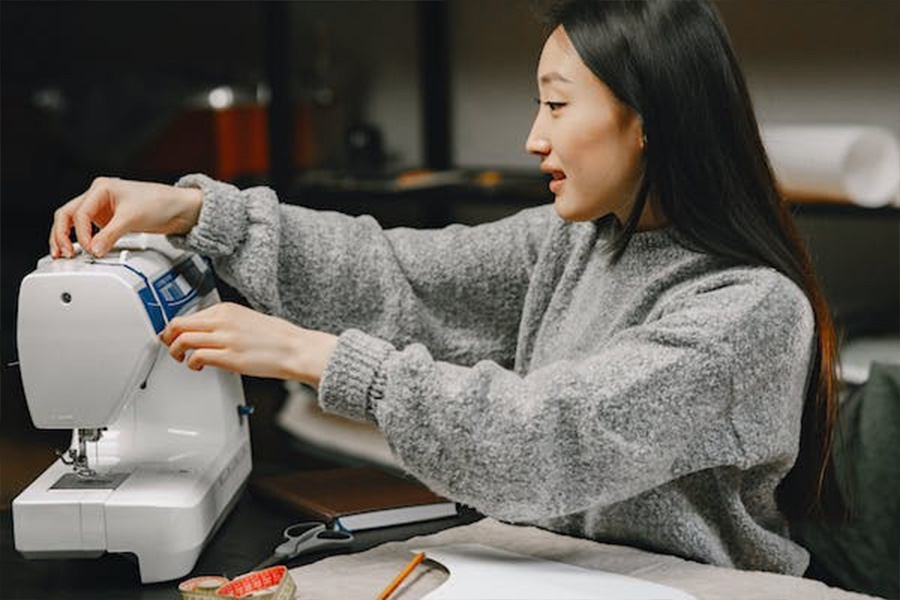
According to Grand View Research, the global sewing market was estimated at US $4.2 billion in 2021 and is expected to reach US $6.0 billion in 2028, registering a compound annual growth rate (CAGR) of 5.2% over the forecast period.
Several factors, including changing consumer demand as per fashion trends, growth and expansion of the clothing industry, and shifting consumer demand, are driving the sewing market. It is also expected that increased automation in the sewing industry will enhance the demand for newer sewing machines.
In 2021, Asia-Pacific held a commanding 40% revenue share and dominated the sewing machine industry. China and Japan are examples of nations that had and continue to have a beneficial impact on the market value.
This region is projected to have the highest CAGR of more than 6% from 2022 to 2028, with Europe following with a CAGR of 5% over the same period.
The adoption of 3D printing and AI has caused changes in the value chain of many companies working in the area. Manufacturers are developing cutting-edge sewing machine designs customized to specific client needs and investigating consumer behavior patterns to retain their brand image and enhance customer loyalty.
Types of sewing machines
1. Hobby sewing machines
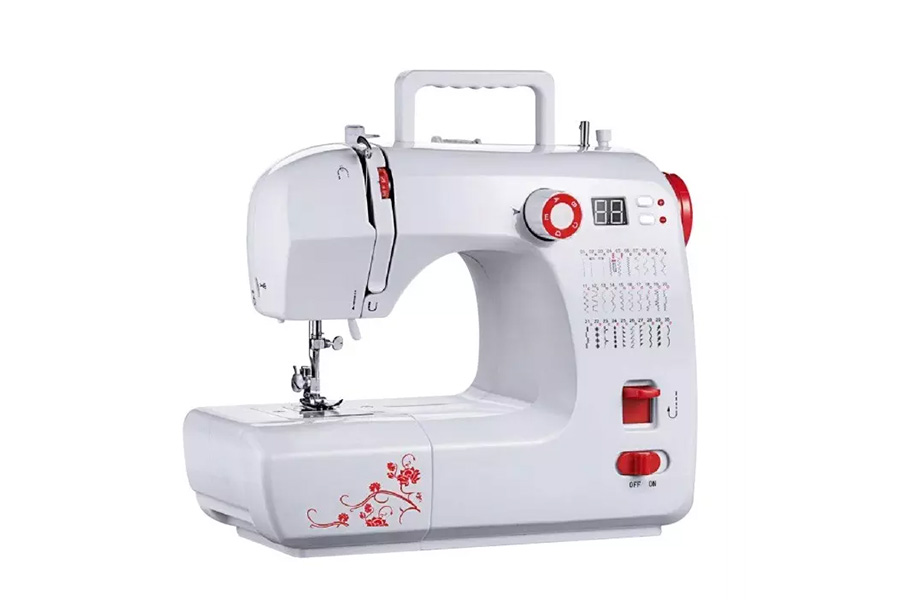
Hobby sewing machines have a cam and a series of cams that control the stitching mechanism and give precise control over stitch width and length. Analog hobby sewing machines utilize a “throat-plate numbering” system to determine the stitch formation.
Pros:
- Easy to operate
- Consume less power
- Small hence saves on space
- Suitable for light work
Cons:
- No lighting features
- Not suitable for thick fabrics
2. Industrial sewing machines
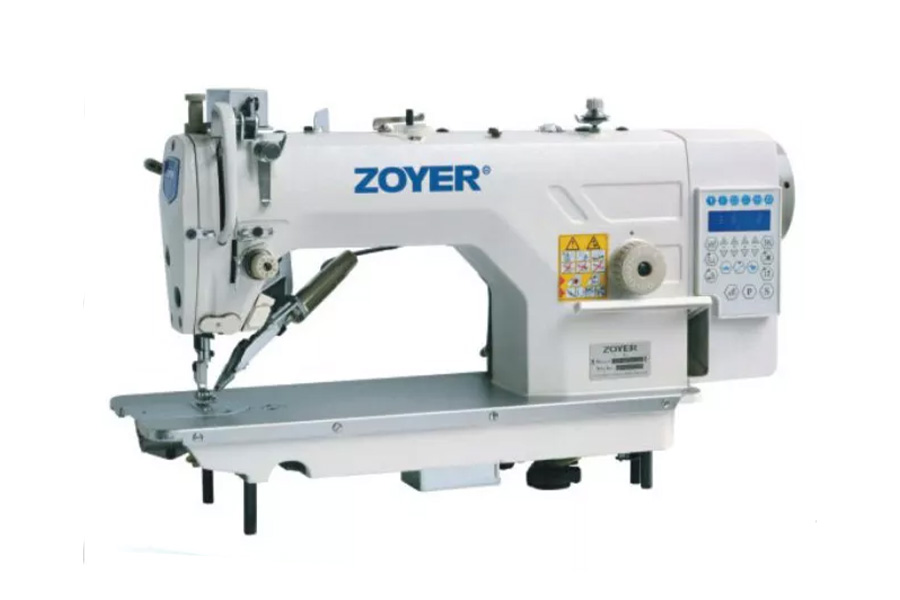
Also known as business sewing machines, industrial sewing machines have been designed to sew thick materials while maintaining high precision. These machines use a system of cams that stop the machine at various places. Some have an electronic sensor to direct users when maximum stitch lengths have been achieved.
Pros:
- Perfect for thick fabrics
- Have lighting features
- Can be used for longer periods
- Are more long-lasting
Cons:
- Very hefty and difficult to transport
- Generate more noise
3. Embroidery sewing machines
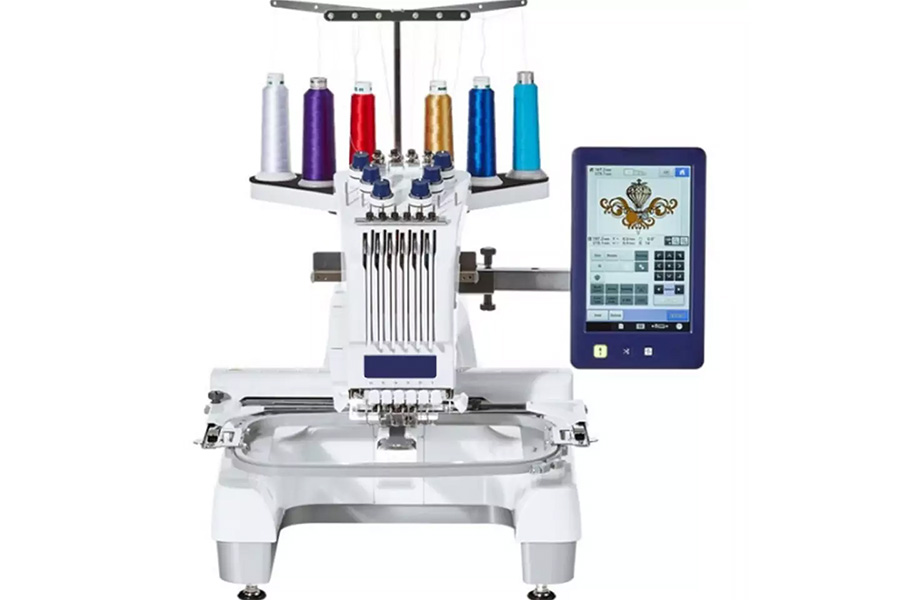
Embroidery sewing machines are examples of some of the most precise sewing machines. The machines are mainly used for cloth decoration. Usually, the machines require that the fabric material used be stretched firmly on an embroidery frame.
A wide variety of embroidery stitches can be used, and the choice of stitch is only partially determined by the pattern being embroidered.
Pros:
- Less time-consuming
- Provides uniform design on each garment
- Works well on durable materials such as heavy cotton and fleece
- Delivers a high-quality finish
Cons:
- It compromises waterproof materials
- Expensive to buy and install
4. Serger sewing machines
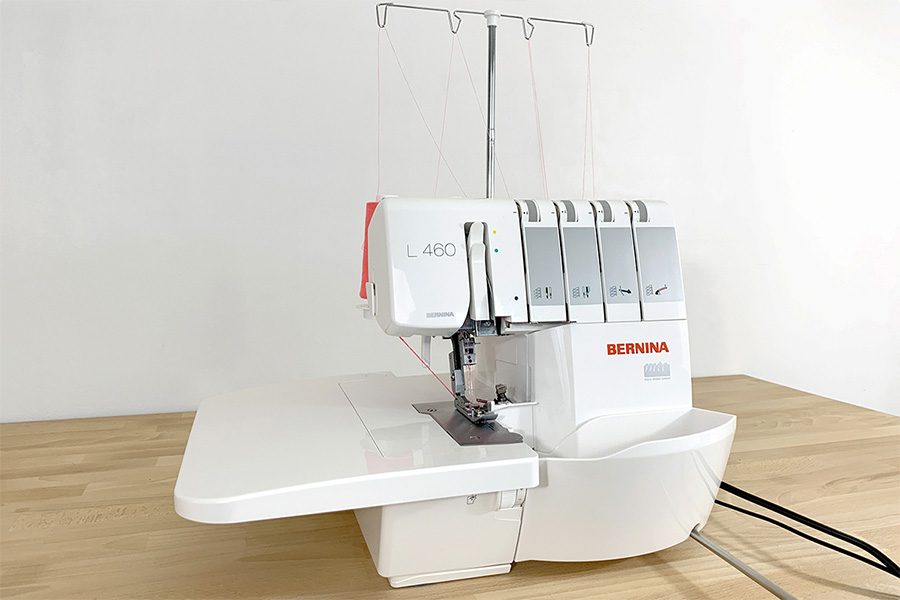
Serger sewing machines are also popularly known as overlock machines and are essentially available in two types. A 4-thread serger stitches an overlock seam using one upper looper thread, and a 3-thread serger creates stitches with three threads to create an enclosed seam with the garment’s interior.
Pros:
- Offers secure and durable stitches
- The machine has high-speed
- Great for stretchy fabrics
- Multi-functional
Cons:
- Produces a lot of noise when working
- Threading frustrations
5. Home-use sewing machines
Home-use sewing machines are typically made to help beginners start their sewing careers. They are also used at home to hem jeans that are too long, monogram gifts, or make baby blankets.
These sewing machines are ideal for those interested in messing around with textiles to learn how they can vastly expand what they do in terms of their sewing careers.
Pros:
- Easy to carry and transport
- Do not consume much power
- Easy to operate
- Suitable for light work
Cons:
- Not suitable for sewing zippers
- Don’t have lighting features
Top sewing machinery manufacturers
Below are the top sewing machine brands in the market today.
1. Janome
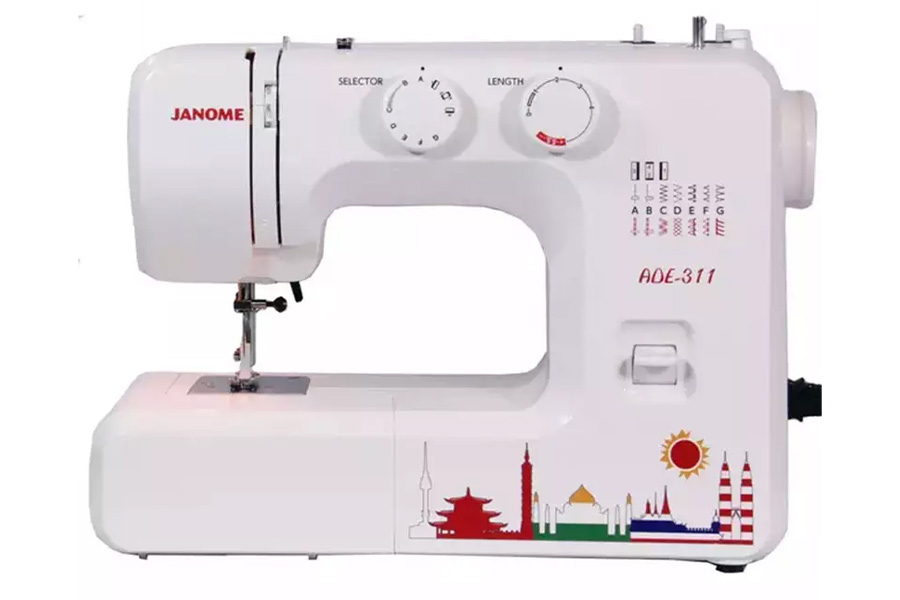
Janome is a leading Japanese sewing machine manufacturer that was established in 1921. For years, the company has provided high-quality sewing machines to its customers. It was the first company to produce a computerized home-based machine.
Additionally, the company was the first to bring professional-style embroidery and long-arm quilting machines to the home market. The Janome JW7630, Janome 5812, and Janome MB-4N are examples of some of their popular models.
The manufacturer has designed their sewing machines in a way that they are simple to use, making them ideal for beginners.
2. Singer
Singer is one of the oldest sewing machine manufacturers, founded in 1851, meaning that it has been operational for over 150 years. The father and founder of Singer, Isaac Singer, patented the first efficient and practical sewing machine.
Singer sewing machines are currently among the best in the market, mainly because they are produced with great attention to detail, made with durable materials, and are of high quality. Singer produces models that also have an LCD display.
3. Brother
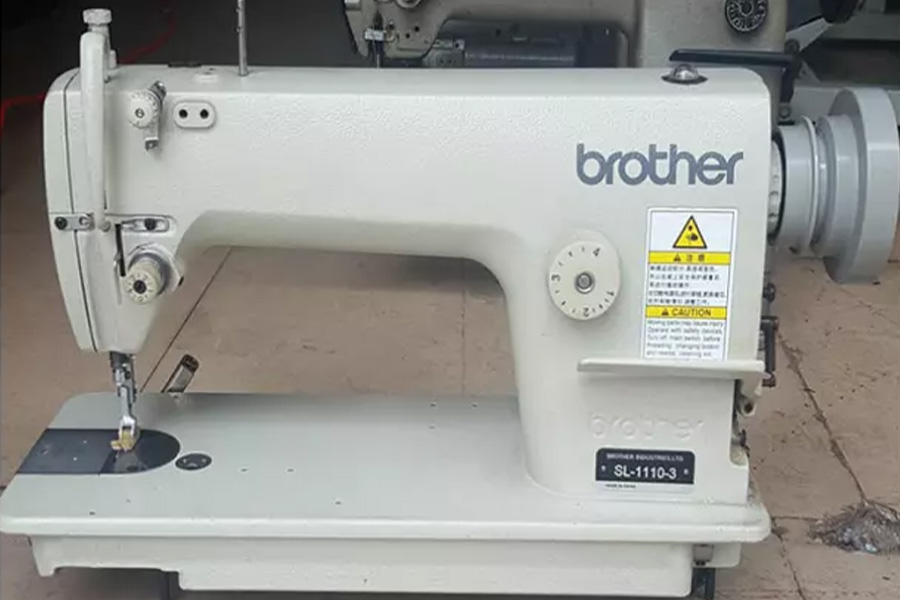
Brother Industries Limited is a multinational company founded in 1908 in Nagoya, Japan. Aside from manufacturing high-end sewing machines, the company is also famous for manufacturing electronic and electrical equipment.
The company has many sewing machines, including their most popular models, Brother PE770 and Brother JK4000.
Most of the sewing machines produced by the company are easy to use, mainly because they have all the features and capabilities necessary for novices and intermediate sewers.
4. Babylock
Babylock is a sub-brand of Brother, founded in the 1960s in Yamagata, Japan. The company was the first to invent overlock machines in small and compact builds ideal for home use. The company has maintained its title as the world’s best sergers seller.
Unfortunately, the company doesn’t provide a line of beginner models. It specifically focuses on selling high-end sergers and sewing machines. The advantage of their sewing machines is they come complete with full digital control and the ability to computerize your sewing patterns.
5. Juki
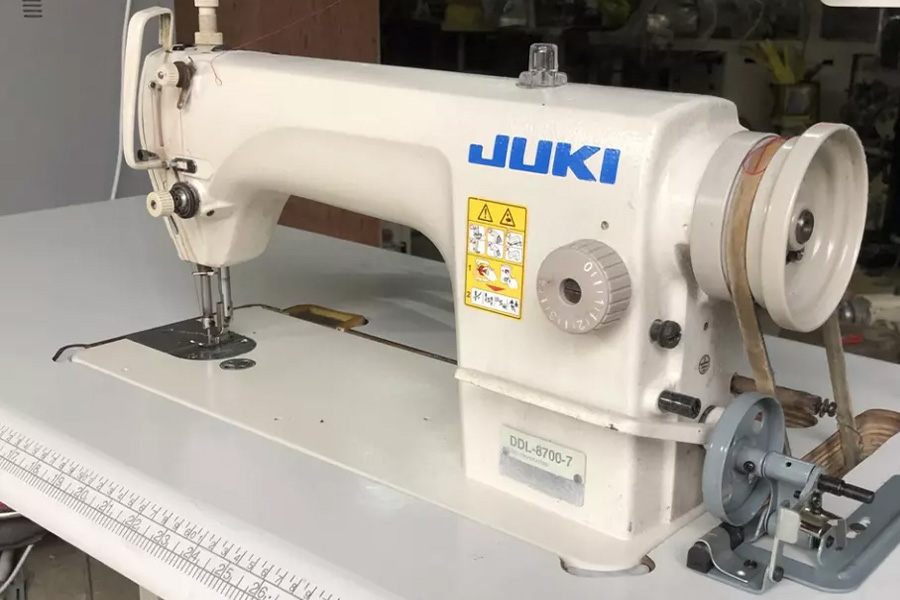
Juki corporation is a Japan-based company that was founded in 1947. The company manufactures household and industrial sewing machines that are consistently tested and developed to cope with modern technologies.
Juki is one of the sewing machine market leaders, as a result of the company’s excellent technical capabilities, reliable operating systems, and state-of-the-art designs.
6. Pfaff
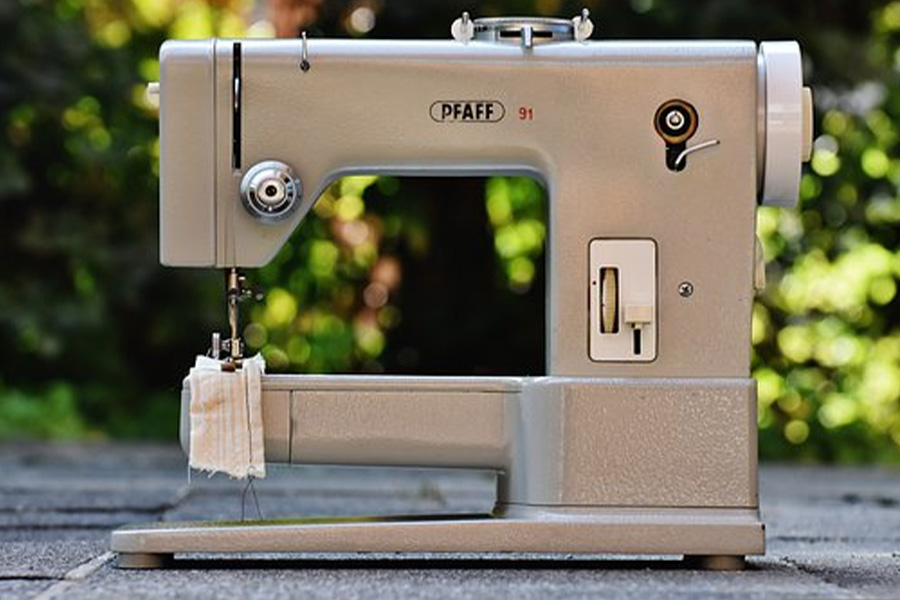
Pfaff is a Germany-based sewing machine brand that was founded in 1862. However, the company was later sold to the SVP Group, making it a China-based company.
Pfaff is famous for producing superior sewing machines that offer reliability and high-performance for leather goods and the stitching of heavy stitchable materials. The company won the IMB innovation award in 2006 for its programmed welding solution with 100% parameter control.
7. Bernina
Benina is one of the oldest sewing machine manufacturers, founded in 1893 in Steckborn, Switzerland. The company sells several vintages and antique models that are difficult to find. Since these old models are widely sought-after by most buyers, they sometimes come up for sale on the collectible sewing machine market.
Besides embroidery machines, Bernina also sells durable electronic, electromechanical, sewing-embroidery, and computerized machines that make high-quality materials. You will get everything you need from the company, from the higher end of the price range to lower-cost machines.
Conclusion
A good sewing machine is worth buying. A single sewing machine of good quality could last consumers a lifetime. Consequently, retailers need to choose sewing machines from reputable and reliable companies.
The mentioned companies are examples of industrial sewing machine leaders selling high-quality sewing machines. You can pick any sewing machine from these reputable companies by narrowing it down to use and price.
Visit Alibaba.com to see the highlighted prices of the different sewing machines and read through the customer reviews to make an informed decision before purchase.
